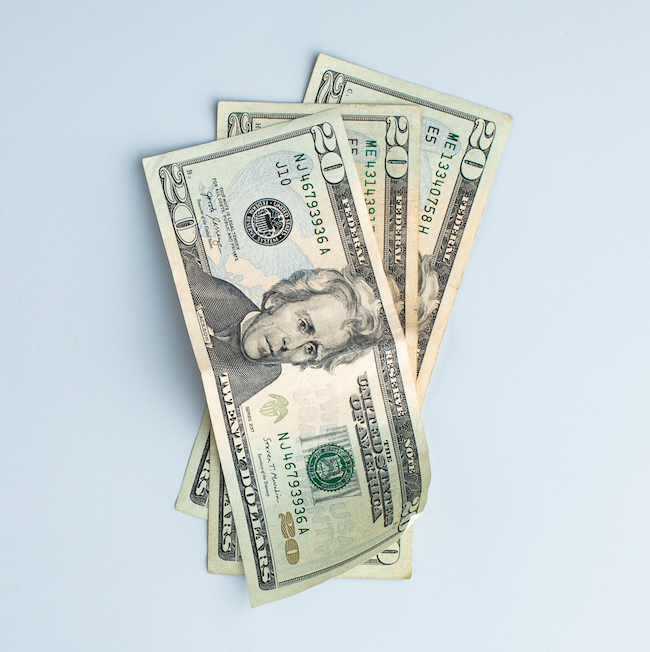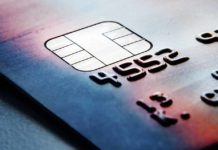
If you’re staring at a pile of student loan debt wondering what you’re going to do about it, you’re not alone. 65 percent of college students take out student loans as a form of payment. Currently, Americans owe $1.6 trillion in student loan debt with individual borrowers owing an average of $39,351. It’s the second-highest form of debt in the U.S., only preceded by home mortgages. Conversations about forgiving student loan debt have become more prevalent since the start of the pandemic, and President Biden used student loan forgiveness as a key component of his presidential campaign. After two years of the pandemic and one year of President Biden’s term, student loan forgiveness is a hot topic now more than ever.
What’s going on with the student loan situation right now?
At the end of 2021, President Biden extended the pause on student loan payments to May 1, 2022 through the CARES Act, the first COVID relief bill that was passed during the Trump presidency in March 2020. Former president Trump extended the payment pause twice, and President Biden has extended the pause three times. After the second extension, the Biden Administration stressed that there wouldn’t be another, but decided to allow one more in light of the raging Omicron variant.
The current student loan payment pause includes:
- No federal student loan payments until May 1, 2022
- No interest accumulating on loan amounts
- No collections on loans that are in default
Will student loan forgiveness actually happen?
Many experts believe that total loan forgiveness is unlikely to happen, but we’re still holding out hope for partial cancellations from the U.S. government. There are also more than 30 pieces of proposed legislation currently in Congress related to student loan forgiveness. Members of Congress are split over the amount of debt per borrower that should be canceled. President Biden campaigned on forgiveness of $10,000, and one piece of proposed legislation circulating through the House committees seeks to forgive $50,000.
The dispute has effectively gridlocked the progress of student loan forgiveness legislation, but all is not lost. Since the beginning of his term, President Biden has canceled nearly $12 billion in federal student loan debt, and more cancellations could come. If President Biden cancels more debt or debt forgiveness legislation is actually passed, there are a few things to keep in mind:
President Biden’s cancellations have limitations
Of the $12 billion in student loan debt that President Biden has canceled, it has been reserved for certain groups of borrowers. Teachers, those who are considered public servants, borrowers whose institutions have closed, borrowers who were misled by their institutions (this is called borrower defense), and Americans with total and permanent disabilities have been cancellation beneficiaries. There are a few more cancellation categories, so click the hyperlinks to see if you might qualify for any of them!
Only federal loans can be forgiven
Not all student loans are created equal. Borrowers can take out loans through the federal government or loans offered by private lenders. Federal loans are the only ones that can be canceled or paused by the government. If loan forgiveness legislation passes, it will not affect the amount that borrowers owe to private lenders, so those payments would continue as normal.
Federal loan forgiveness could be based on income
In addition to proposing cancellation of $10,000 in student loan debt for each borrower, President Biden also campaigned on a long-term payment solution that would reduce payments based on income. Under his plan, your yearly repayment amount for undergraduate loans would be five percent of any income you earned over $25,000. For example, if your discretionary income (after taxes, housing and food costs) is $75,000, you would only pay $2,500 in student loan repayment each year ($50,000 x 5%). If your discretionary income is below $25,000, you wouldn’t have to make payments at all.
What about loans with private lenders?
Even though loan forgiveness doesn’t apply to loans taken out with private lenders, you still have options. Some private lenders offer refinance options that could lower your interest rate or repayment assistance programs based on state, loan type and payment term. Other borrowers have found solutions by going the legal route, and considering that private lenders are increasingly being sued for predatory practices, this approach could lead to welcome surprises.
Navient, a private lender for 12 million borrowers, recently settled a class action lawsuit alleging that they advised borrowers to put their loans into forbearance rather than offering income-determined repayment plans. The lawsuit also claimed that Navient offered loans to borrowers who it knew would likely default. As part of the settlement, Navient is canceling debts totaling $1.7 billion for 66,000 borrowers and paying almost $260 to 350,000 borrowers. If you have defaulted and charged off loans that were taken out with Sallie Mae between 2002 and 2010, you could be contacted by Navient as an affected borrower from this lawsuit. You wouldn’t technically be a party to the lawsuit, but you could possibly still benefit from the settlement. Navient will be contacting affected borrowers after all the legal matters are finalized.
So, what should I do?
I am not a financial or student loan advisor, and you should always seek professional counsel before making major financial decisions. However, since it seems like not much will change with the student loan forgiveness situation in the immediate future, a good plan might include being prepared to resume federal payments starting May 1, 2022. If loan forgiveness legislation is passed, the qualifications will (hopefully) be clear, and at that point, may the odds be in your favor. In the meantime, stay ready so you don’t have to get ready, and check out these student loan debt resources:
- National Consumer Law Center: The NCLC’s Student Loan Borrower Assistance site is your one-stop loan information shop. It has tools for everything from repayment to default concerns. If you need a starting point for loan repayment assistance, don’t miss this one.
- The Student Loan Doctor LLC: Sonia Lewis happily takes on the role of the student loan doctor, leading her team as the first Black and woman owed student loan repayment company in the U.S. She has serviced more than 20,000 clients nationwide, including graduated borrowers and current college students who need assistance with student loan strategy.
- Student Loan Show Podcast: Hosted by student loan attorney Jay Fleischman, this podcast covers a gamut of student debt topics. There are six episodes, so very digestible and informative. The host also offers a complimentary six-part email series covering collections, defaults, and repayment.
- Destroy Your Student Loan Debt by Anthony O’Neal: A former Ramsey Personality, Anthony O’Neal is an author who has carved out space for himself as a student debt expert. Destroy Your Student Debt was published in 2020, following his critically acclaimed 2019 book Debt Free Degree: The Step-by-Step Guide to Getting Your Kid Through College Without Student Loans.
- The Total Money Makeover by Dave Ramsey: Financial expert Dave Ramsey published this book as an overall guide to eliminating personal debt. The book is intended to help readers develop better relationships with money by debunking “money myths” and completely transforming money habits.





